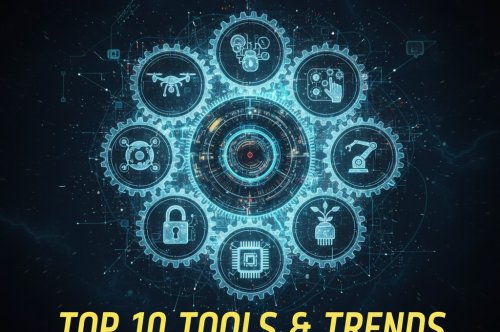The Comprehensive Guide to AI SEO Tools for Marketers
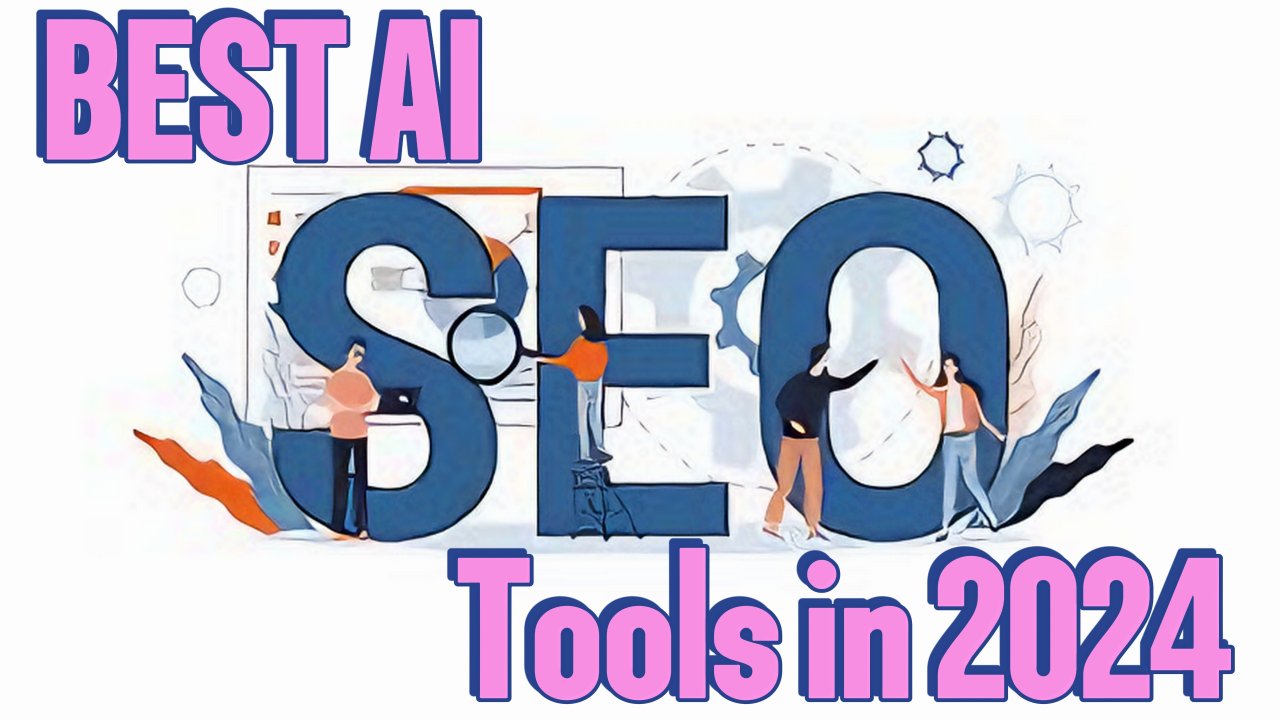
Introduction
Digital marketing is changing fast, with AI-powered SEO tools leading the way. These tools are transforming search engine optimization (SEO) by establishing data-driven strategies that boost website performance and drive organic traffic. In this comprehensive guide, we will explore how marketers use AI, what AI SEO is, how to use AI for SEOs, as well as different types of AI SEO tools you could consider using and why they work so well.
How Do Marketers Use Artificial Intelligence?
Artificial intelligence has taken over marketing by storm; it solves complex problems and optimizes various aspects of digital campaigns. Here’s what marketers can do with it:
1. Personalization And Customer Insights
By analyzing huge amounts of data about customers, like their preferences, behaviors, etc., artificial intelligence helps create personalized experiences for them. This makes it possible to come up with individualized marketing messages that resonate more, leading to higher engagement rates and conversions.
2. Content Creation And Optimization
AI can generate ideas for content creation and write articles themselves, among other things related to optimizing contents for search engines such as Google. It does this by studying what already performs well online vis-à-vis keyword trends, etc., so that marketers can produce similar pieces that rank higher on SERPs while meeting audiences’ needs at the same time.
3. Predictive Analytics
Predictive analytics powered by artificial intelligence allows companies to predict future customer behaviors or campaign outcomes based on historical facts learned through machine learning algorithms applied herein before making decisions, thus maximizing ROI.
4. Ad Targeting And Programmatic Advertising
When user information is fed into systems running ads across different platforms, these systems use artificial intelligence to figure out who should see what, when, where, how much, etc., thereby ensuring ads reach the correct audiences and cost effectively. Programmatic advertising works hand in glove with ad targeting, making sure only those people interested get exposed frequently enough without wasting money by showing irrelevant stuff too often but hardly ever to anyone who may care less about it.
5. Chatbots And Customer Service
Chatbots are computer programs that imitate conversations with human beings via text messaging apps, websites, or even phone calls and use artificial intelligence to respond accurately, quickly, and efficiently without taking breaks or getting tired. They handle inquiries such as “what is your location?” “when do you close?" and “do you have a catalogue?” among others, providing answers instantly, thereby enhancing customer experience management levels while freeing up live agents for more pressing matters like complex problem-solving scenarios.
6. Competitive Analysis
Artificial intelligence tools can be used to keep tabs on what competitors are up to by monitoring their activities online as well as analyzing strategies they employ so that one knows how best he/she can stay ahead of them.
What Is AI SEO?
AI SEO stands for Artificial Intelligence Search Engine Optimization; this means using machine learning techniques together with other forms of AI technologies designed specifically towards improving ranking factors associated with organic search results pages (SERPs) like those provided by Google or Bing, etc., hence making websites appear higher than before on these listings when users type relevant queries into given search bars.
Components Of AI SEO
Keyword Research: This is where AI software programs sift through user-entered queries in order to identify potential keywords capable of attracting traffic volumes worth pursuing. In addition, they reveal insights into keyword difficulty levels along with the search intent behind each query.
Content Optimization: Here, AI algorithms evaluate the quality and relevance of content and then suggest ways in which it could be improved so as to perform better from an SEO perspective. This includes things like optimizing keyword usage throughout texts while also paying attention to readability scores and engagement metrics, among many others—too numerous to mention here at once!
Technical SEO: Artificial intelligence has made it possible for machines called web crawlers to scan sites, looking out for technical glitches such as broken links, slow page loading times, or lack thereof mobile-friendliness detection abilities, leading them to make suggestions about how best these issues may be corrected, thereby ensuring that websites get optimized for search engines.
Link Building: AI can identify high-quality backlink opportunities for you by reviewing the link profiles of same-industry websites and pointing out relevant ones for outreach targeting.
Analytics and Reporting: SEO performance based on organic traffic, keyword rankings, and user behavior, among other factors, can be analyzed with AI-powered analytics tools. These insights enable marketers to refine their strategies while measuring ROI at the same time.

How to Use AI for SEO
Implementing AI in your SEO means that you go through several stages, starting with choosing the right tools and then integrating them into your current workflows. The following is a step-by-step guide on how to use AI for SEO:
1. Identify Your SEO Goals
Before deciding which AI SEO tool to use, it is important that you first identify your goals in relation to search engine optimization (SEO). Are you interested in improving keyword rankings? Would you like to increase organic traffic? Do you want to optimize content or do technical SEO? Having clear objectives will help determine which of the many available tools is most appropriate for achieving those ends.
2. Choose the Right AI SEO Tools
Research different types of artificial intelligence software designed specifically for improving search engine visibility and select one that best suits your needs after considering factors such as features offered, ease of use, compatibility with other applications already in place within an organization’s IT infrastructure, etcetera. Some popular examples include the following:
SEMrush provides comprehensive competitor analysis along with keyword research capabilities, backed by site audit functions too.
Ahrefs is known primarily for its ability to perform backlink analysis but also boasts powerful keyword research functionality as well.
Moz offers keyword suggestions based upon robust analytics data gathered from multiple sources combined with site audits designed around best practice methodologies.
SurferSEO focuses heavily on content optimization using data-driven recommendations derived directly through machine learning algorithms applied against vast amounts of historical search query result sets compiled over time, creating powerful semantic understanding models used when producing highly optimized web copy variants, etcetera.
MarketMuse leverages artificial intelligence to improve content creation and optimization processes while also providing detailed insights into relevant topics based on advanced natural language processing (NLP) algorithms.
3. Conduct Keyword Research
Carry out in-depth keyword research utilizing AI tools that are capable of mining vast amounts of data quickly. The aim here is to identify keywords with high search volume but low competition levels, i.e., high-potential terms that people frequently use when looking for products or services similar to what your site offers. Search intent should also be taken into account during this phase so as not to optimize content around irrelevant phrases altogether.
4. Optimize Your Content
Use AI-powered software programs designed specifically for optimizing online content pieces such as blog posts, articles, videos, etcetera by suggesting improvements after analyzing them against established best practice guidelines, including but not limited to keyword density ratios, readability scores, word count averages, etcetera. Regularly updating such materials based on these suggestions will ensure their continued relevance over time.
5. Improve Technical SEO
Employ regular technical SEO audit techniques using AI applications which can automatically scan through large volumes of web pages within seconds, detecting common problems like broken links or slow loading times caused by faulty scripts, etcetera, while also making sure that all necessary changes required to make a site more mobile-friendly are implemented as soon as possible, ensuring it remains accessible across different devices without hindering user experience in any way whatsoever.
6. Build High-Quality Backlinks
Let artificial intelligence tools do the hard work for you when it comes to finding relevant websites within your niche where quality backlinks could be sourced, thereby boosting both authority rankings within search engine results pages (SERPs) as well visibility among potential customers who may come across those sites during their own online searches for related information, products, services, etcetera
Functionality: These tools crawl websites to identify technical SEO issues such as broken links, slow page speeds, and mobile-friendliness. They provide actionable recommendations to fix these issues and ensure that the site is optimized for search engines.
7. Backlink Analysis Tools
Examples: Ahrefs, Majestic, Moz Link Explorer
Functionality: Backlink analysis tools help identify high-quality backlink opportunities by analyzing competitors’ link profiles. They track backlinks to your site, assess their quality, and suggest strategies for acquiring more authoritative links.
8. Analytics and Reporting Tools
Examples: Google Analytics, SEMrush, and Moz
Functionality: Analytics tools provide detailed insights into SEO performance, tracking metrics like organic traffic, keyword rankings, user behavior, and conversion rates. They help marketers measure the effectiveness of their SEO strategies and make data-driven decisions.
9. AI-Powered Content Creation Tools
Examples: Copy.ai, Writesonic, Jarvis
Functionality: These tools assist in content creation by generating ideas, writing articles, and optimizing content for SEO. They use AI to produce high-quality, relevant content that ranks well on search engines.
10. Competitive Analysis Tools
Examples: SEMrush, Ahrefs, SpyFu
Functionality: Competitive analysis tools monitor competitors’ activities, track their online presence, and analyze their strategies. This information helps marketers identify opportunities and areas for improvement.
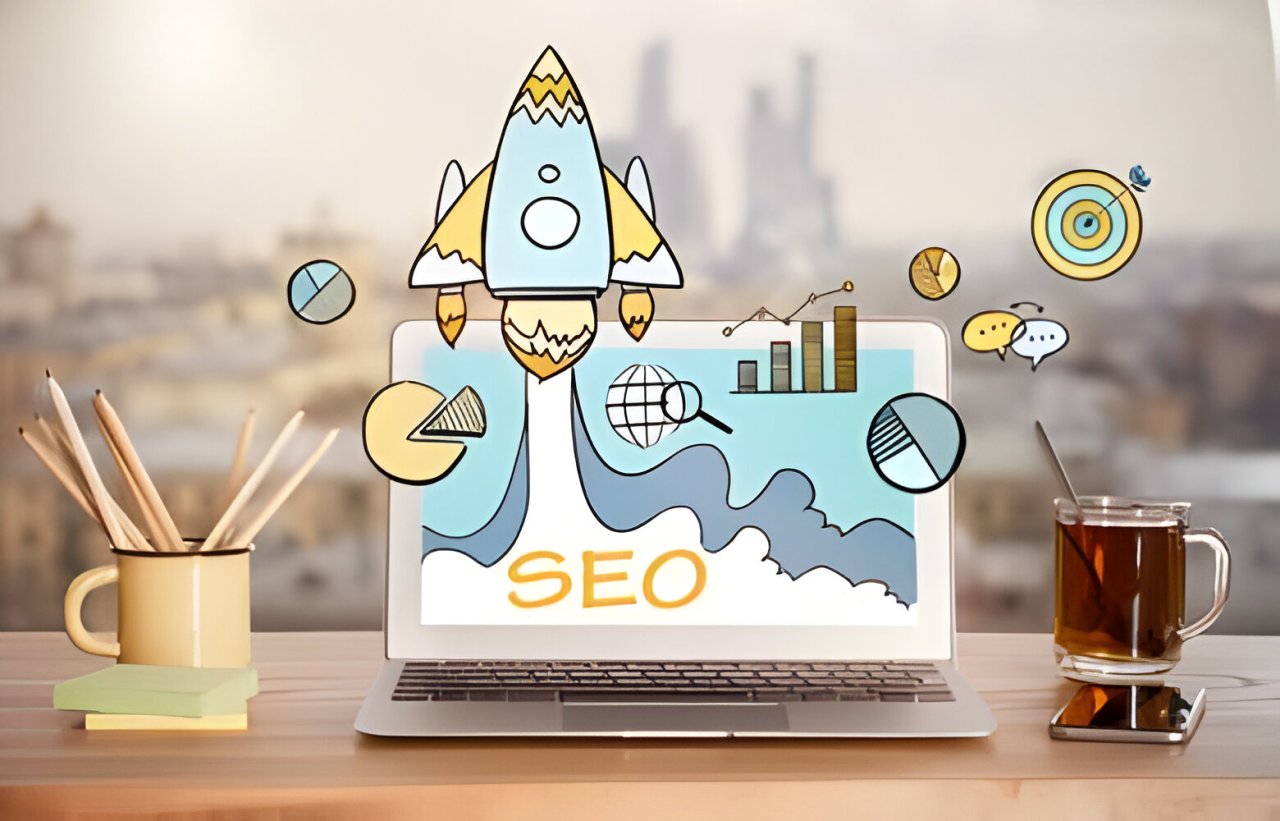
Advantages of Using Artificial Intelligence (AI) in Search Engine Optimization (SEO)
Integrating AI into your SEO strategy offers a number of benefits, ranging from efficiency improvement to better quality results realization. Here are some key advantages of using artificial intelligence for search engine optimization:
1. Increased Efficiency
With AI, you can save time since most tasks will be automated, like keyword research or technical SEO audits, leaving only the strategic thinking part, which requires the creativity skills needed by marketers, hence increasing efficiency.
2. Data-Driven Insights
AI provides data-driven insights so that decisions can be made based on facts rather than guesswork, where vast amount of data is analyzed by AI tools to bring out trends not easily seen through manual analysis.
3.Improved Accuracy
It ensures there are minimal mistakes made during optimization process, such as wrong keyword placement or forgetting meta descriptions, which may lead poor performance in terms of ranking by search engines.
4. Enhanced Content Quality
Artificial intelligence helps in optimizing contents so that they are of high quality and relevant too. This can be achieved through suggestions given about usage of certain words, phrases or even sentences, making sure it meet user requirements as well as being able to rank highly on search engines.
5. Better User Experience
Technical aspects like page speed and mobile friendliness, among others, are taken care of, thereby improving web experience for users. When site navigation is easy, bounce rates decrease, leading more satisfied visitors who might return later, thus boosting overall rankings too, due to the increased dwell time spent on those sites by people looking exactly what was promised them when clicked through from serp results page initially.
6.Competitive Advantage
By knowing what other marketers do differently, one gets an upper hand against them since AI tools have the ability to monitor activities done by competitors online, evaluate their strategies, and give insights into opportunity identification and area improvement.
7.Scalability
With artificial intelligence programs, scaling up becomes much easier as the number of tasks that need completion increases exponentially while at the same time reducing the number of hours worked thanks to the automation provided, resulting in less labor-intensive activity than before, when everything had to be done manually and only a limited number could be completed within the stipulated time frame.
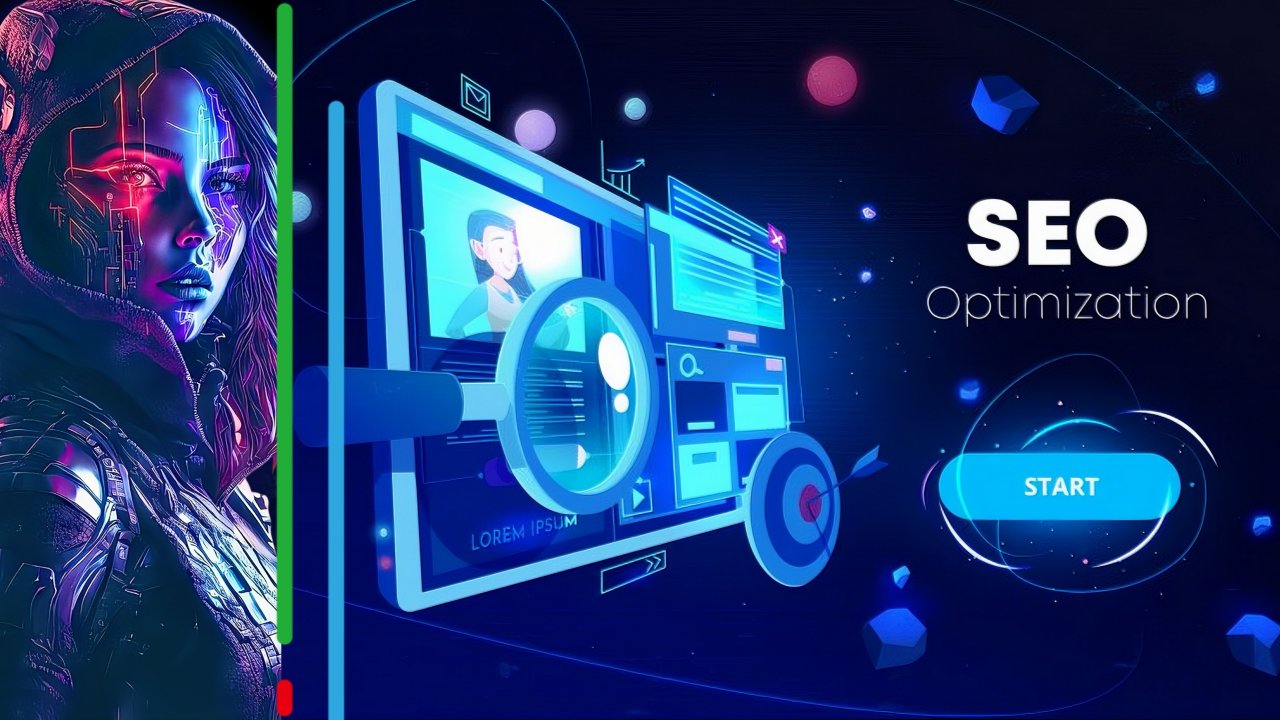
In conclusion,
The world has witnessed how the introduction of AI into digital marketing has revolutionized this industry sector through its unique way providing efficiency, accuracy and effectiveness towards achieving desired goals. Marketers today have been empowered with SEO tools powered by artificial intelligence like SurferSEO, Moz, SEMrush, and Ahrefs, among others These applications help approach keyword research, content optimization, backlink analysis, and technical SEO from a different perspective than before. AI can provide insights, automate repetitive tasks, and drive growth and success through strategic initiatives that would not have been possible without it before. We hope the above benefits of using artificial intelligence for search engines optimization were helpful to you as a marketer looking position your site higher on google organic listings or yahoo bing ppc adverts platforms.
While the world of digital marketing is ever-changing, it remains important to utilize AI-powered SEO strategies in order to stay ahead. Whether you want to improve your search rankings or drive more organic traffic, artificial intelligence tools can help you do so more effectively and efficiently, as well as enhance your overall SEO strategy.
Figuring out how to use AI for SEO, selecting the right tools, and continuously refining your approaches based on data-driven insights ensures that your website stays competitive and performs well in search engine results. The adoption of AI in SEO is not a matter of keeping pace with the latest fads; it is about positioning your business for success over time within an increasingly digitalized environment.
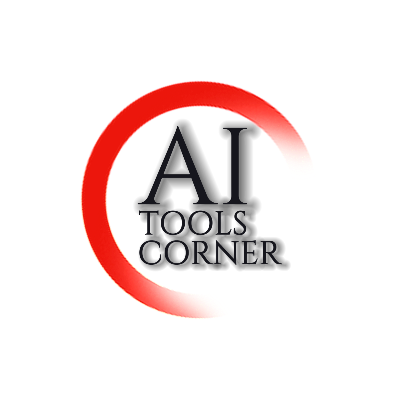

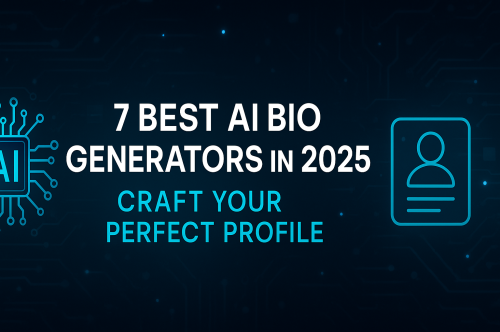
![Top 7 Best AI Face Swappers For Free [Features, FAQ & More]](https://aitoolscorner.com/uploads/blog/202406/img_thumb_667db403ea4981-27833470.webp)

